The trend for organic is all the rage right now. While some companies do their best to be as nature-friendly and green as possible, others simply reap the benefit of printing words like “natural”, “organic”, “additive-free”, and so forth just for marketing purposes.
Not so long ago we told you a story of Natural American Spirit cigarettes that were marketed like an organic, more natural alternative to regular tobacco. We explained why these cigarettes are not healthier and safer than any other brand. Today, we’d like to discuss another product with you, organic vape juice.
 When it comes to vaping, choosing the right e-liquid is one of the most important decisions a vaper has to make. An e-liquid can make the vaping experience amazing, and it can also make it awful. Luckily, the choice of e-juices is currently huge. One can choose a product based on their taste, preferences, vaping style and budget.
When it comes to vaping, choosing the right e-liquid is one of the most important decisions a vaper has to make. An e-liquid can make the vaping experience amazing, and it can also make it awful. Luckily, the choice of e-juices is currently huge. One can choose a product based on their taste, preferences, vaping style and budget.
Many vapers haven’t heard of organic e-liquids. Natural vape juice is a niche product that is mainly sold via social media. There is a US-government regulation that defines which products cannot be classified as organic; so you are not likely to find a website that sells e-liquids, labeled “natural;” or “organic”.
Vaping is marketed as a healthier alternative for smoking based on a wide range or valid reasons, primarily because a vaper doesn’t inhale any tar or carcinogens and doesn’t expose people around them to the same substances. Some health-conscious vapers wonder whether the e-liquids that they consume are hundred percent safe.
For this reason, many vapers are interested in organic e-juice, believing that it is more beneficial for their health than regular e-juice. Since organic products are somewhat niche and increasingly popular, they are usually sold at a higher price. But do you really get more when paying more?
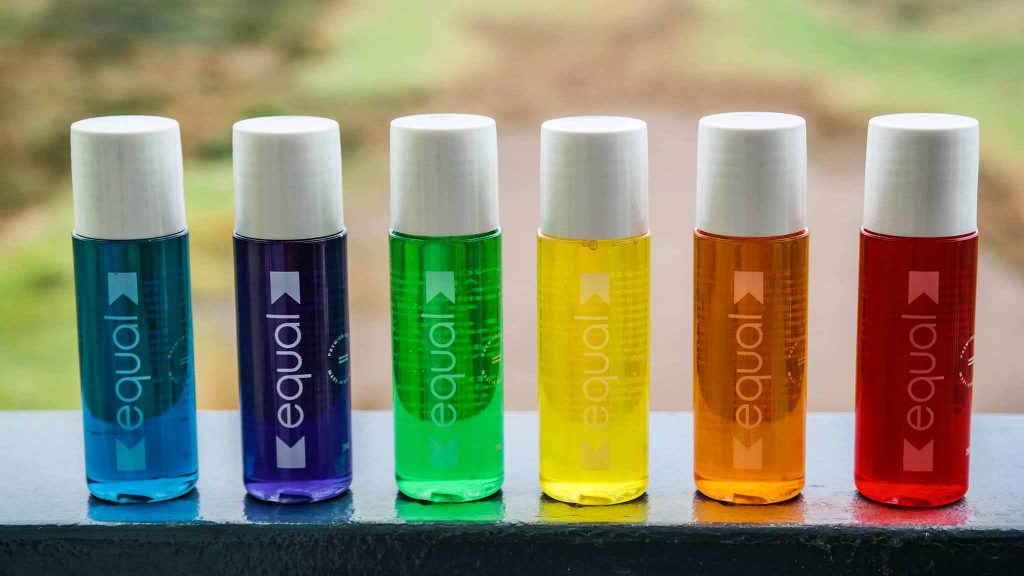
What Does “Organic” Mean?
According to USDA, a product can be marketed as organic only if it is free from chemical pesticides. Also, the product needs to be approved and certified by the USDA as compliant with their organic standards. The USDA website defines a list of organic standards that concern production, livestock, handling, labeling, and other organic practices.
You can learn more about it on their website following the link. Currently, none of the existent vape shops complies with the USDA regulations and is not allowed to market any organic e-juices.
Is Organic Better?
Modern consumption culture praises the word organic and encourages people to buy products that have less artificial and chemical substances in them for the sake of their health and the planet. It sounds simple in an ad, but things are far more complicated under the surface.
Are organic and natural e-liquids better for you? First of all, while vaping such e-liquids, you might be doing a favor to your health by not inhaling artificially produced substances like PG. If the product is certified as organic, you can be sure about its ingredients.
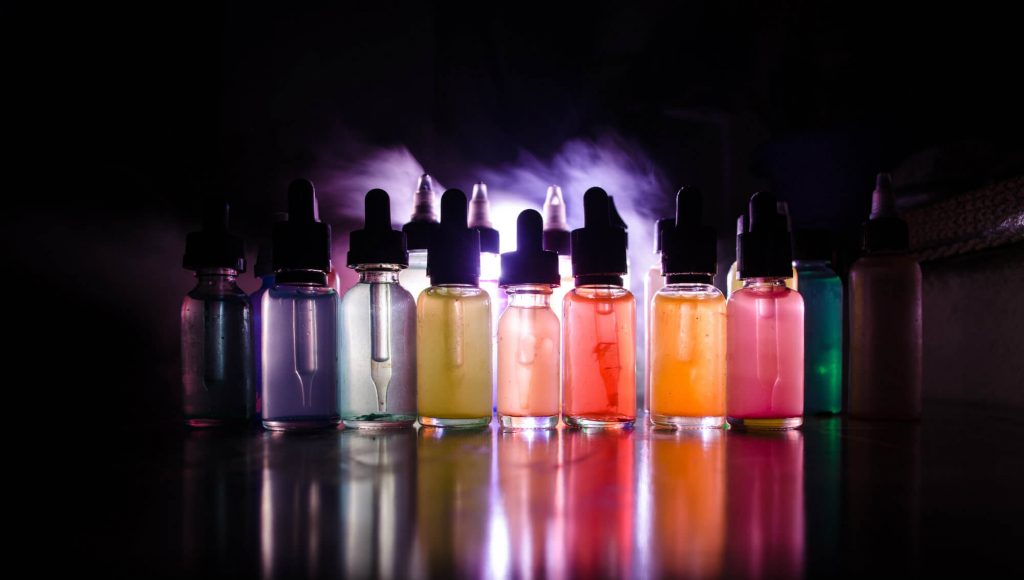 However, you will get a fuller taste with such e-liquids since PG is better at carrying flavors than VG. Eco-friendly vapers are more likely to choose organic and natural e-liquids, as their manufacturing process is less harmful to the environment.
However, you will get a fuller taste with such e-liquids since PG is better at carrying flavors than VG. Eco-friendly vapers are more likely to choose organic and natural e-liquids, as their manufacturing process is less harmful to the environment.
Do Organic E-Liquids Exist?
Here’s the truth: 100% organic e-liquids are nearly impossible to find. Here’s why: any e-liquid for vaping consists of PG, VG, and Nicotine. PG is the base of any e-liquid. It keeps the flavors together and makes them stay strong and well-sensed in the vapor. Propylene Glycol is not found in nature.
It is a synthetic element that is created in a lab. For this reason, it cannot be qualified as organic. There is a possibility to substitute PG with Ethyl alcohol, which is an organic compound. However, ethanol has proven adverse health effects when consumed in large quantities.
Some vapers believe that if VG (Vegetable Glycerin) is used as a base of the e-liquid, it is organic. Indeed, if VG is received from organically grown vegetables, it is organic. However, it does not mean that VG cannot be manufactured artificially.
Now, let’s get to the flavorings of e-liquids. These components are practically never organic. Some companies really offer organic and natural flavorings in their e-liquids. Such flavors might be not safe for vaping, as there is a chance that they contain lipids or biomolecules. Vaping such flavorings can lead to lipid pneumonia, a lung-damaging disease.
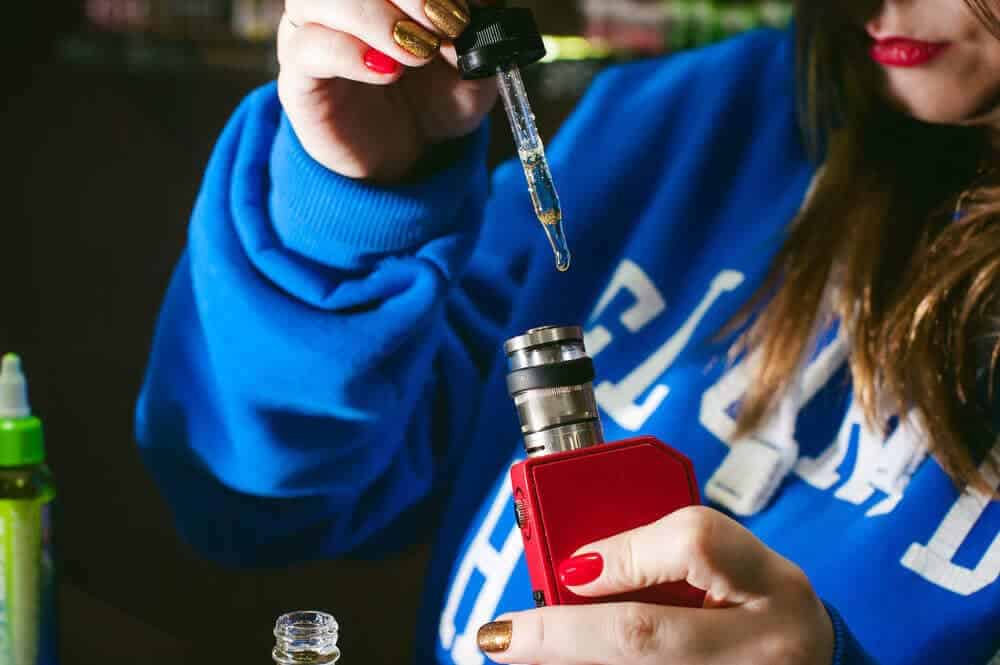 The last but not the least ingredient of e-liquids is nicotine (unless we are talking about a nicotine-free e-liquid). Nicotine is extracted from tobacco leaves, meaning that it can be natural and organic. However, it is hardly ever the case. For example, nicotine from Asia is often derived from petroleum-based products. So, it does not comply with USDA standards to be labeled as an organic product.
The last but not the least ingredient of e-liquids is nicotine (unless we are talking about a nicotine-free e-liquid). Nicotine is extracted from tobacco leaves, meaning that it can be natural and organic. However, it is hardly ever the case. For example, nicotine from Asia is often derived from petroleum-based products. So, it does not comply with USDA standards to be labeled as an organic product.
How to Tell a Fake Organic Product
If you come upon vape juice that is labeled “organic”, we recommend you to do a little research on it before making a purchase. If there is a label, there should be a certificate from USDA, or corresponding EU or UK bodies. There should be a logo on the product that endorses its organic status. You can compare the logo with the information of the certifying body to check whether the product is really certified.
It’s also a good idea to consult with the vaping community and ask what your fellow vapers think of a certain product you are looking into. Chances are, someone has already tried it and can share their experiences with you. Friendly advice is always good when it comes to niche products. Since organic e-liquids are still very new, not so many companies offer them.
There are companies offering e-liquids that are ninety to ninety-nine percent organic. They cannot receive the organic certification because they need to be a hundred percent organic.
Final Thoughts
E-liquids are typically made of synthetic products that are considered to be safe for humans. So, the truth is that all-natural vape juices are very hard to find. A natural vape juice should contain only VG base and natural flavorings, and should not contain any nicotine.
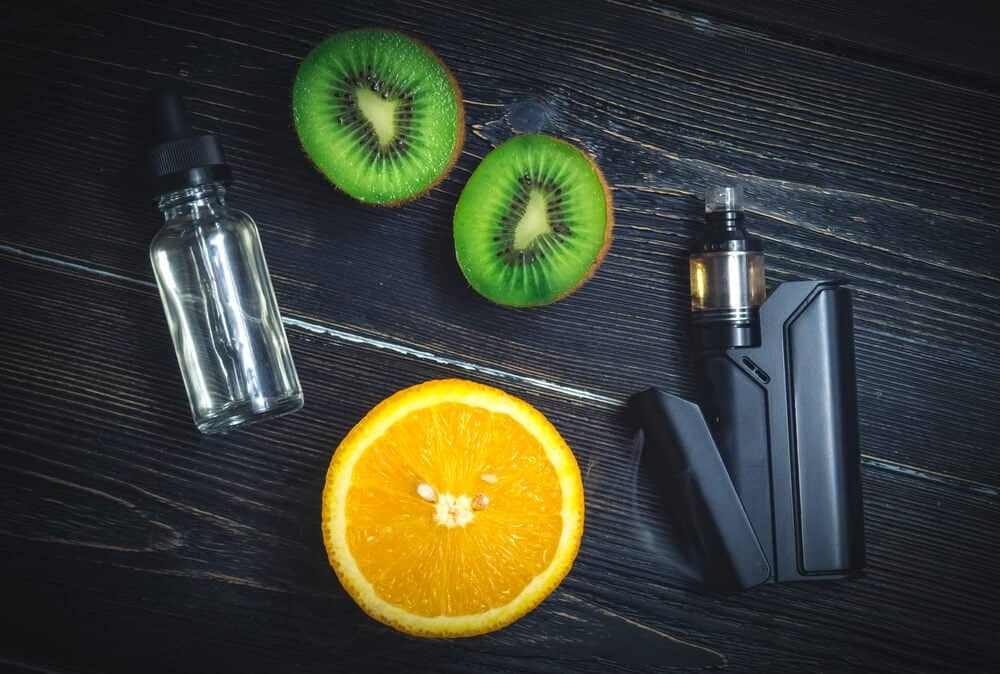 Some vendors market their products as totally organic, but if you do a little research on them, you will most likely discover that they cannot back up their statement by USDA-approval. Many manufacturers want to earn a fortune on a hype label while putting PG, artificial flavorings and nicotine in their products.
Some vendors market their products as totally organic, but if you do a little research on them, you will most likely discover that they cannot back up their statement by USDA-approval. Many manufacturers want to earn a fortune on a hype label while putting PG, artificial flavorings and nicotine in their products.
Needless to say that if you get such e-liquids, you are paying extra money for nothing. If you are searching for organic, the closest e-liquid you can get is VG-based one that uses VG from a certified organic source. Combined with natural flavorings, it can be very close to organic. And, it’s very likely to be overpriced.[/vc_column_text][/vc_column][/vc_row]

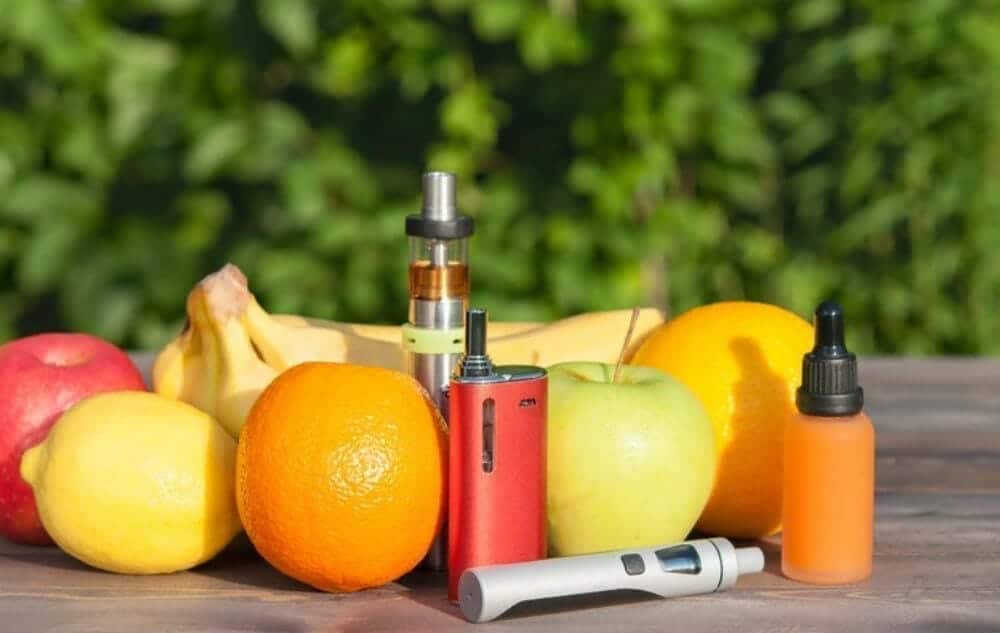
0 Comments